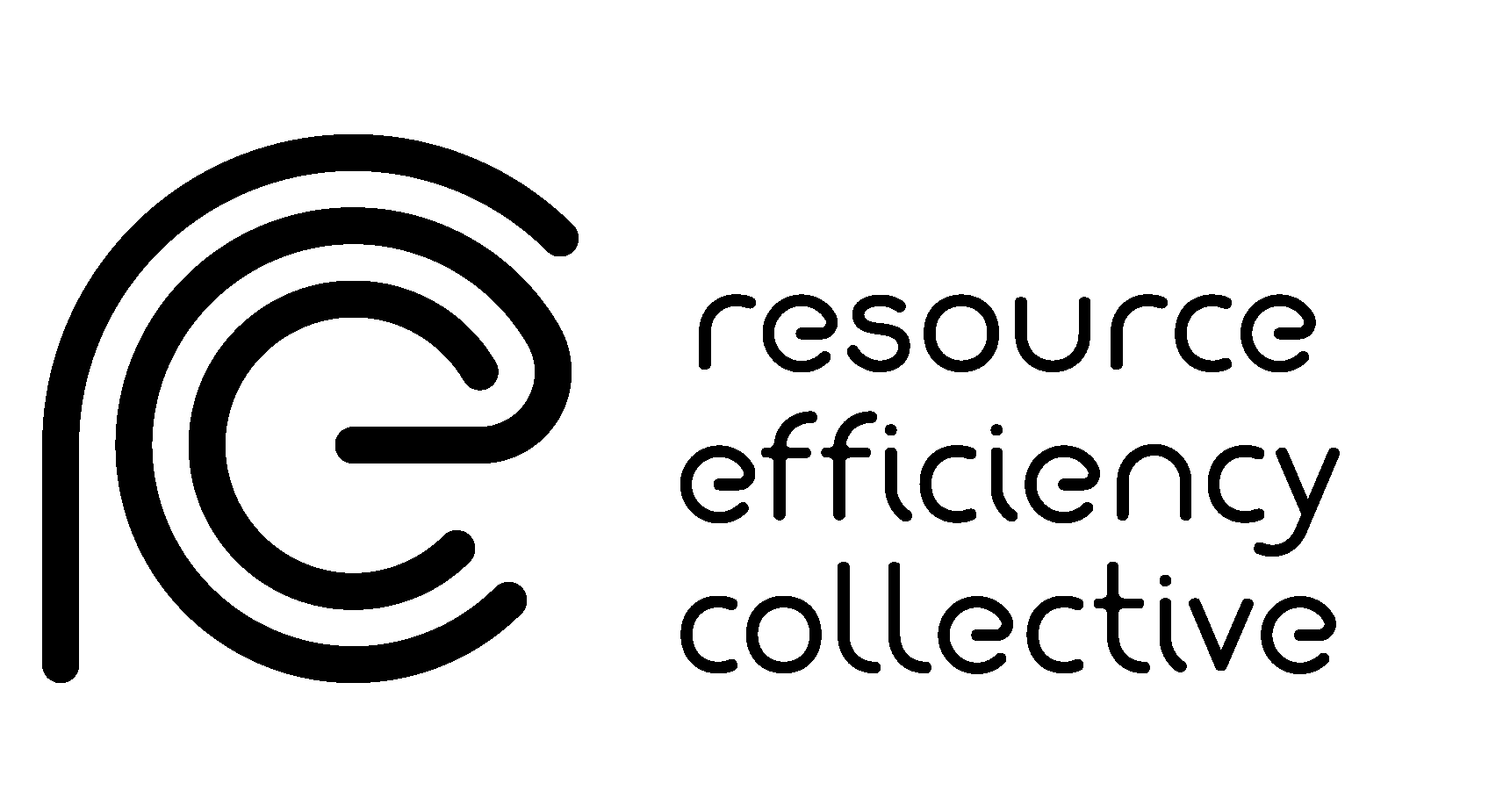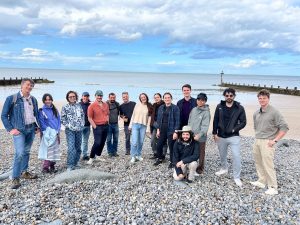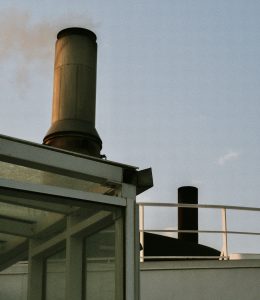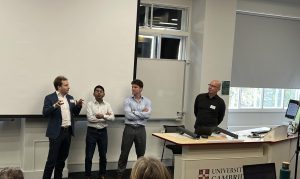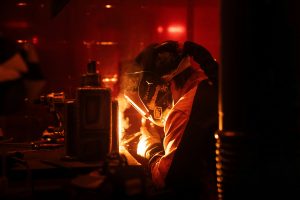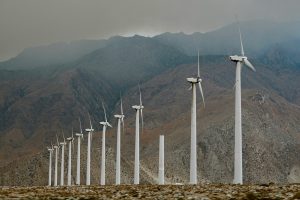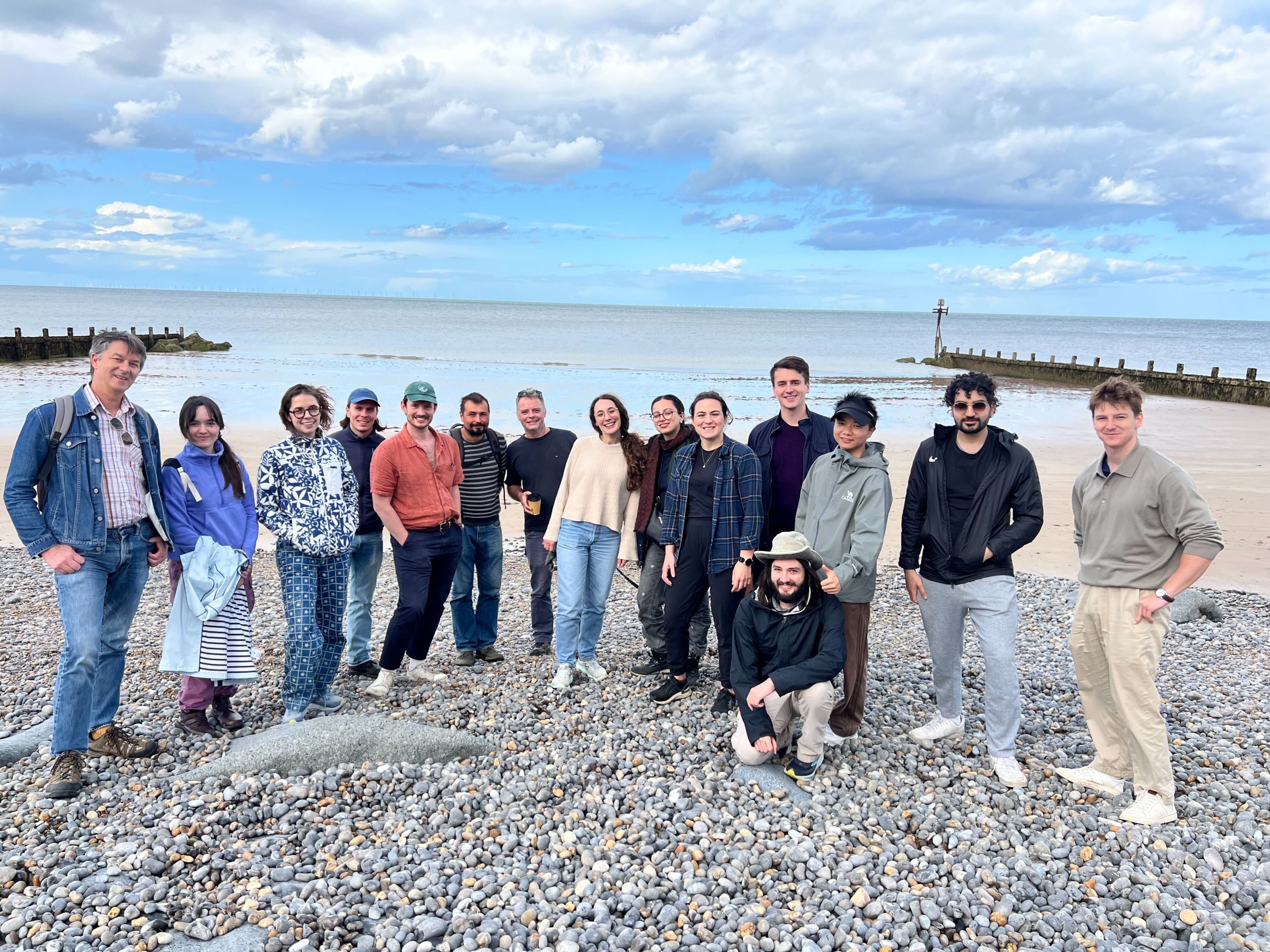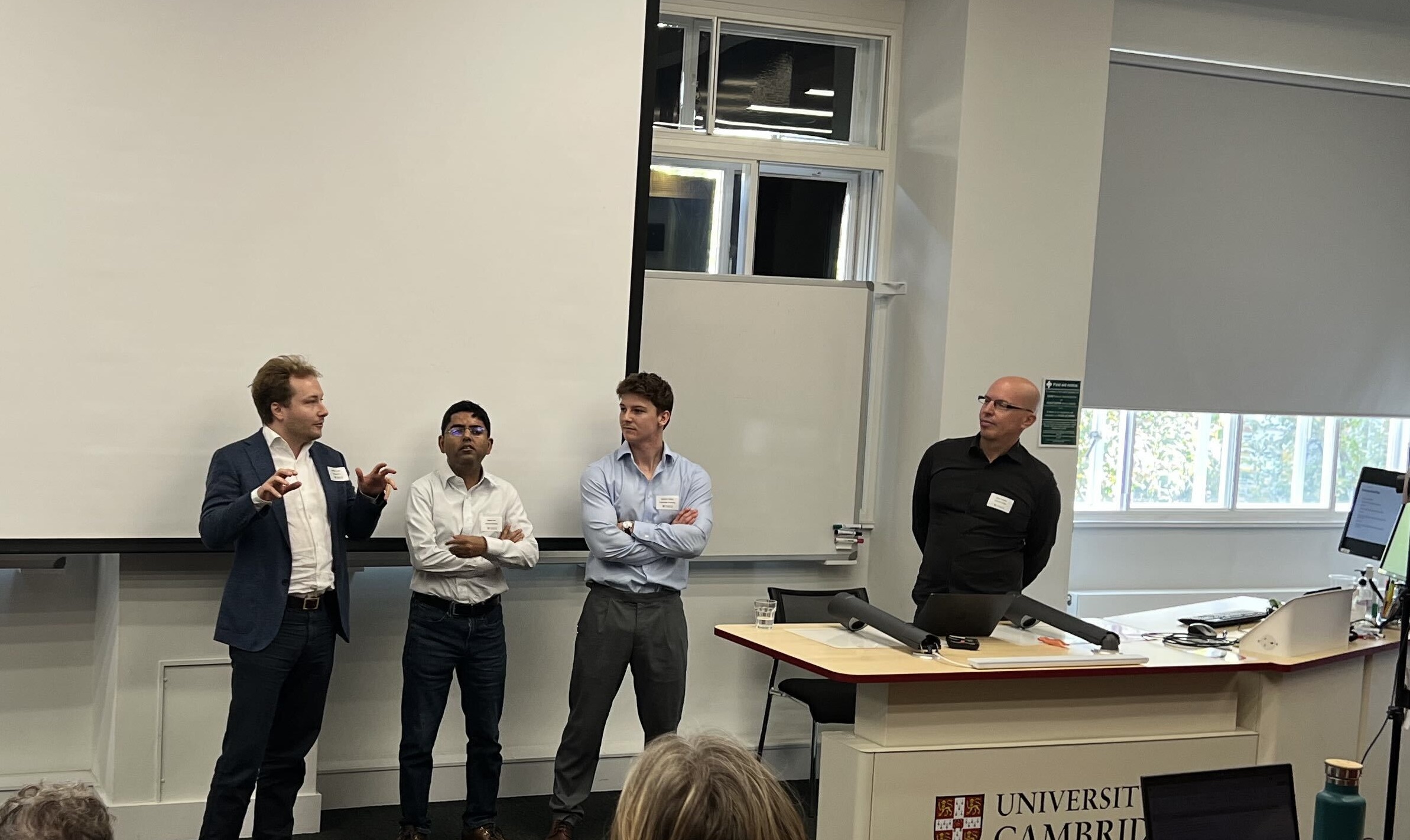Behind the scenes of the Petrochemicals & Climate Change Conference
After months of organising, the Petrochemicals & Climate Change Conference took place on the 1st – 3rd July at Fitzwilliam College in the University of Cambridge. This conference had a diverse range of attendees from across the world: activists, lawyers, policy advisers and a large academic contigent including engineers and political scientists to name a few. The conference was co-chaired by Refficiency’s Professor Jonathan Cullen and Dr Fredric Bauer from Lund University.
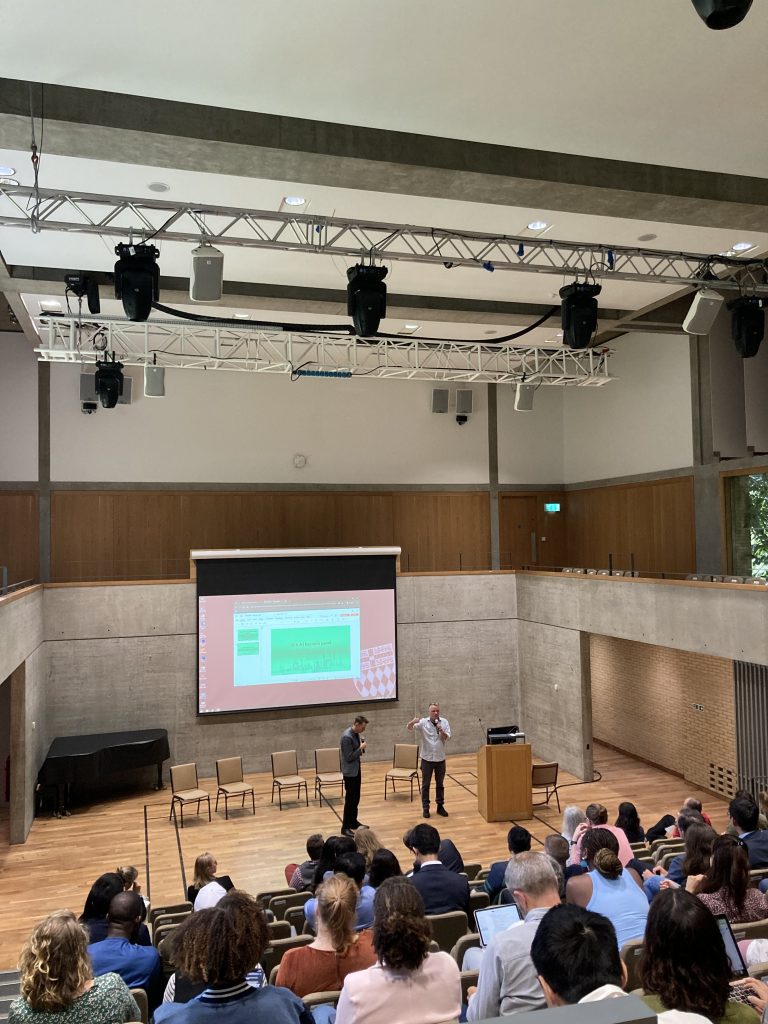
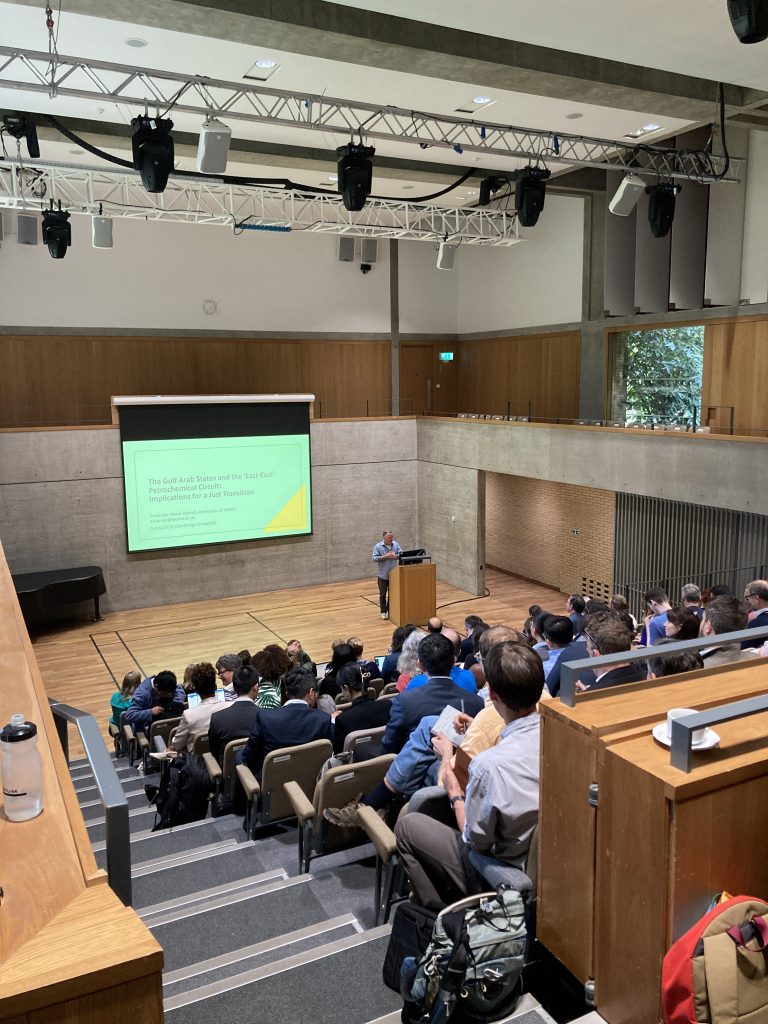
From a conference organiser’s perspective, I have taken some time to reflect on how the conference went logistically and what aided its success.
- Create space. The conversations and connections people make during a conference cannot be engineered in advance, but space for this can be made throughout the programme with coffee breaks, lunches, evening dinners and social events.
- Social events make for memorable moments. We took conference participants punting down the River Cam, followed by a formal dinner. The day of the punting trip began with miserable weather, but this later turned into blue skies and an ideal evening for a punting trip. Let’s Go Punting were able to drop off participants directly from the punts to Clare College, the location for the evening dinner.
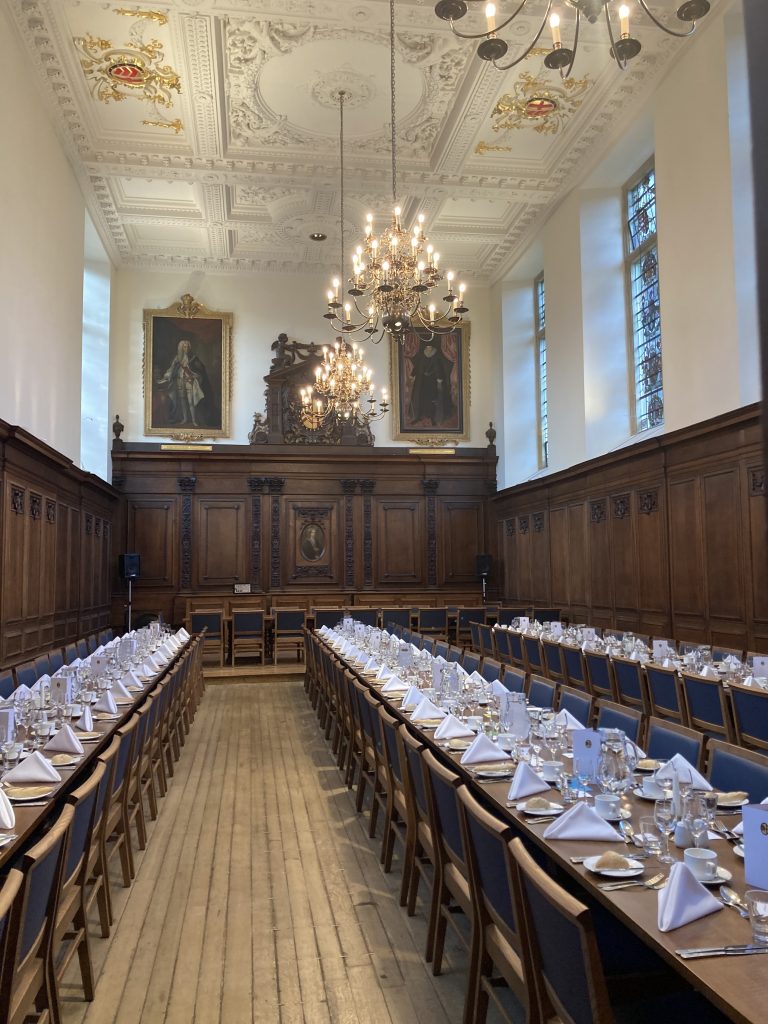
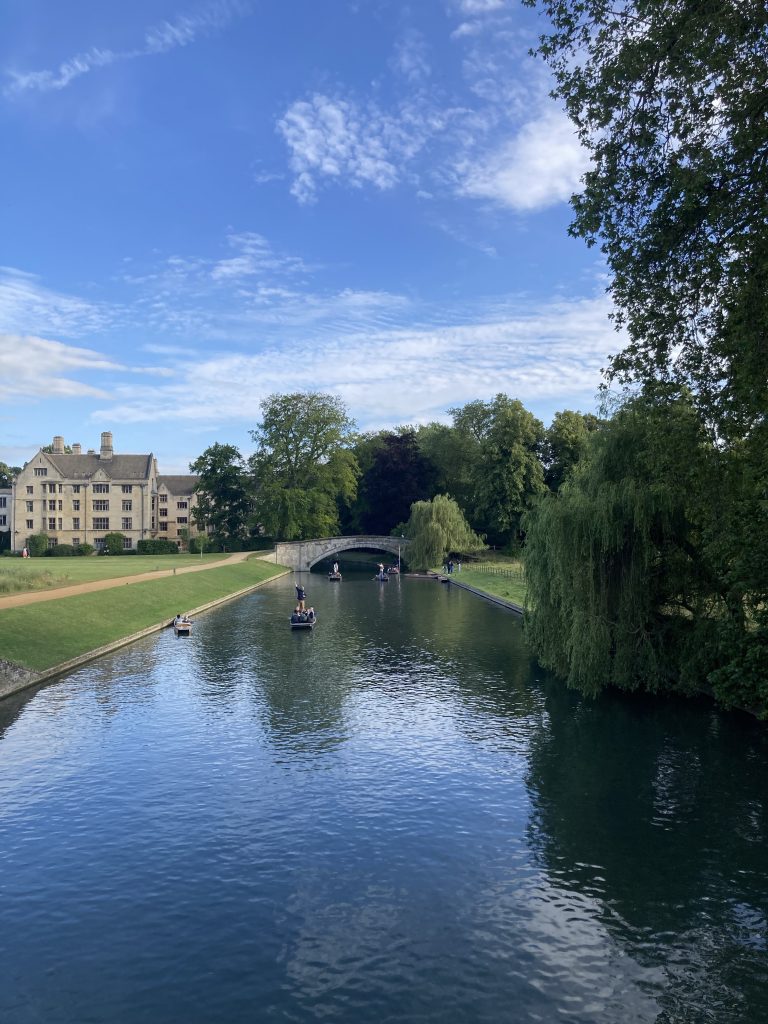
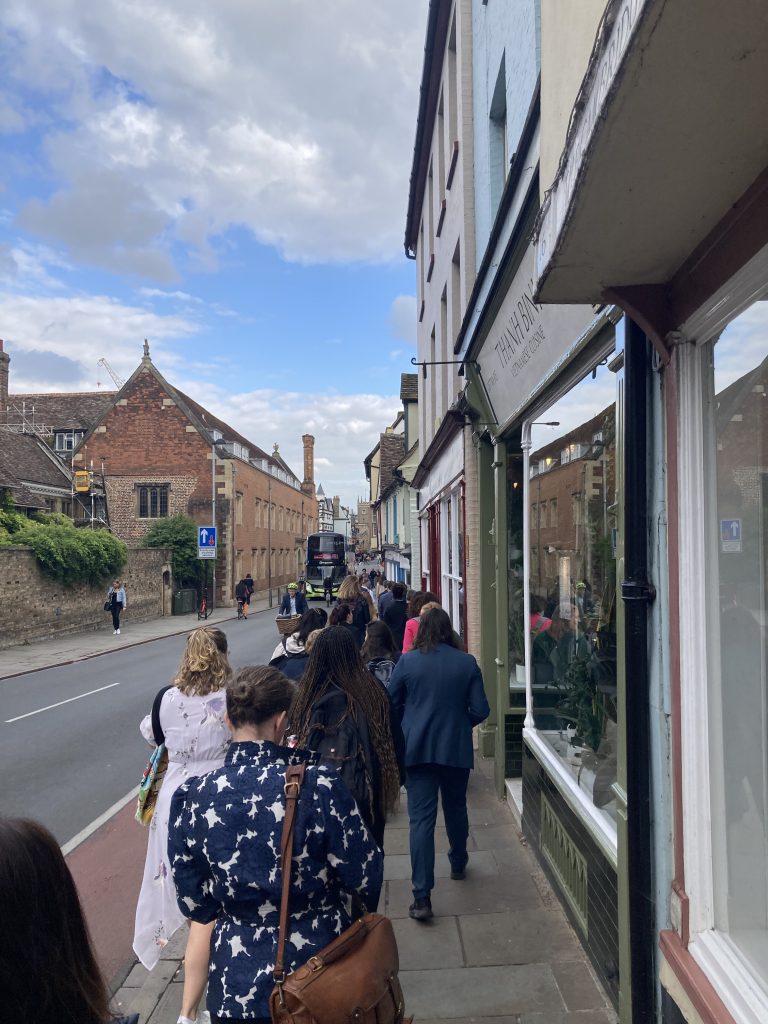

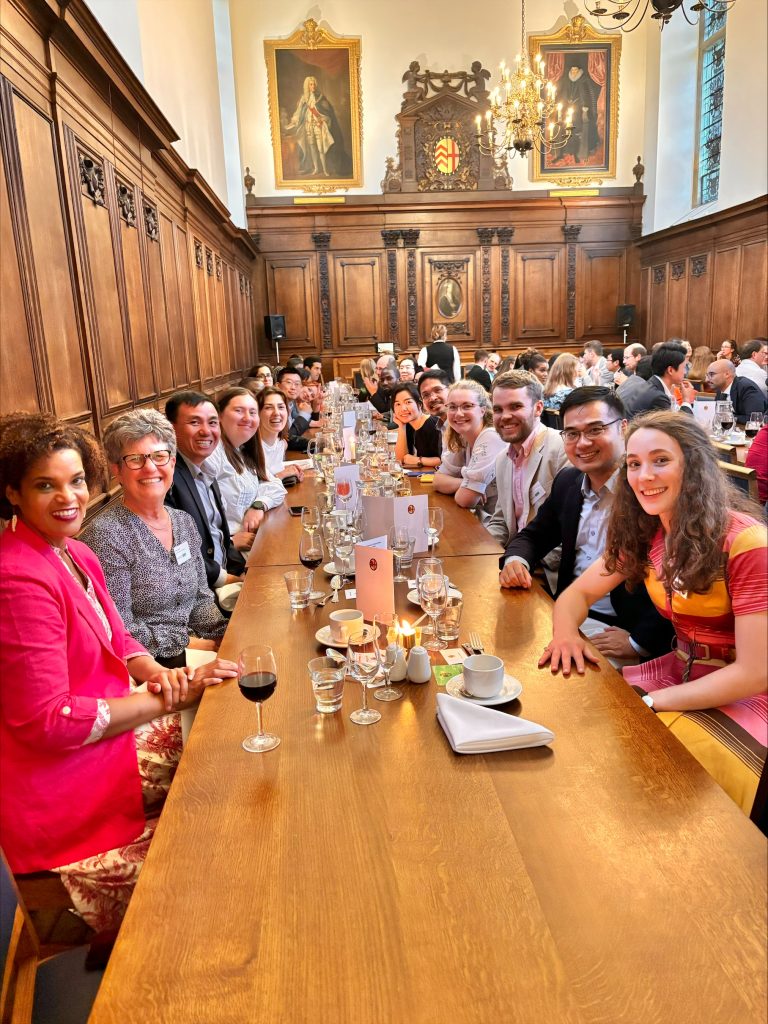
- Using the right tools faciliates smooth administration and comms. The conference management software used for the conference, Ex Ordo, was a one-stop-shop for managing submissions, reviews, registration, the conference programme, communication and more!
- You can’t plan enough. There were some on-the-ground logistics that in hindsight could have been anticipated in advance better and have gone more smoothly. There was a scramble before the first plenary session to get the right microphones and chairs set up! It came together thanks to the conference staff and colleagues at Fitzwilliam College who facilitated AV requirements.
Two members of the Resource Efficiency Collective gave oral presentations at the conference. Final year PhD student Luke Cullen presented on ‘Prioritising petrochemical production decarbonisation with limited resources and limited data’ and Research Associate Dr Natanael Bolson presented on ‘Rethinking Benchmark Analysis in the Petrochemical Industry’.
One noteable session was a keynote from Jo and Joy Banner, co-founders of The Descendant’s Project – a non-profit environmental justice organisation. In their presentation ‘Plantations to Petrochemicals: Descendants Role in Breaking the Chains of Plastic’, they focused on Louisiana’s ‘Cancer Alley’. Human Rights Watch state that ”Cancer Alley’ is an approximately 85-mile stretch of communities along the banks of the Mississippi River between New Orleans and Baton Rouge, where communities exist side by side with some 200 fossil fuel and petrochemical operations.’ To find out more about this, click here to read a recent report written by Antonia Juhasz, a senior researcher on fossil fuels in the Environment and Human Rights division at Human Rights Watch.
It was a pleasure to see the Petrochemicals & Climate Change Conference come to life. This would not have been possible without the co-chairs, conference committee and staff who supported during the event.
Visit the conference website here.
Images: Laura Prestwich, Nam Nguyen Hoang.
